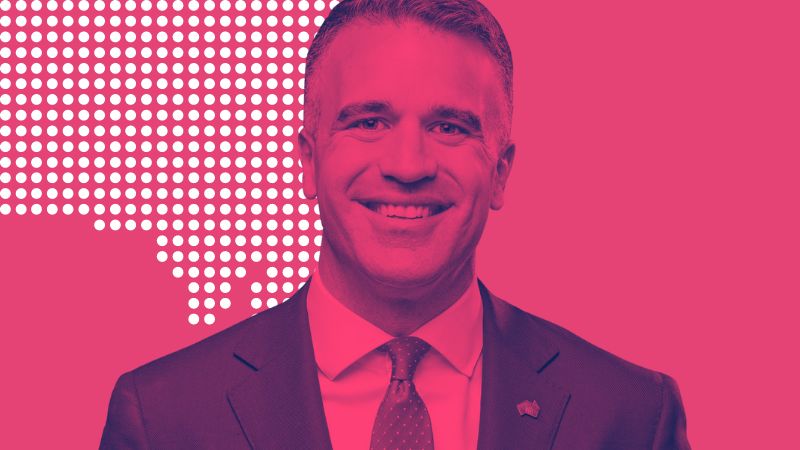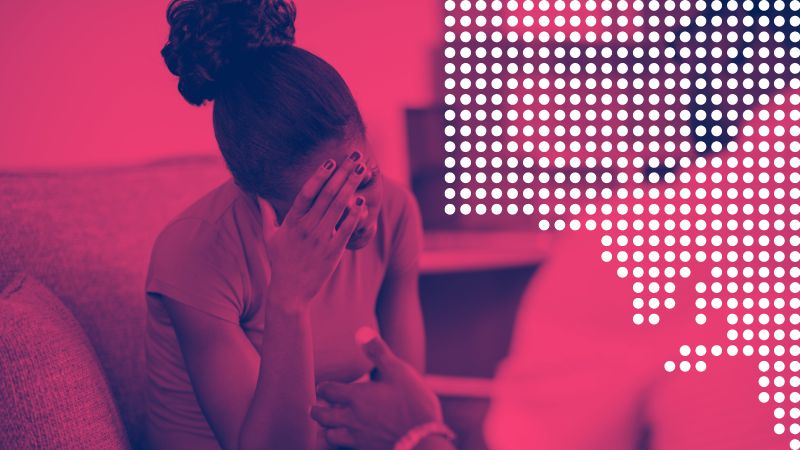LGBTIQA+ rights group and survivors of conversion therapy practices are urging the South Australian government to carefully consider the legislation currently progressing through the parliament to ban conversion therapy and suppression and change practices.
The bill was introduced into the state’s lower house earlier this month and has quickly been passed and moved onto the Legislative Council.
While the government is eager to pass the bill, advocates say it is deeply flawed. Ending Conversion Practices WA, Equality Tasmania, the Australian GLBTIQ Multicultural Council, the Brave Network and SOGICE Survivors (Sexual Orientation and Gender Identity Change Efforts) have all expressed concern over the wording of the legislation.

Concern about the South Australian bill is being raised in other jurisdictions which also lack similar laws out of a fear that watered down rules in that state will lead to poor legislation being put forward in Western Australia and Tasmania.
Advocates say the proposed SA law about conversion practices will do more harm than good and have asked Premier Malinauskas to consult with survivor advocates and experts and amend the bill.
They argue that the bill will allow conversion practices to continue by not prohibiting inducements to conversion, by allowing one-off acts of conversion to occur and by making enforcement almost impossible.
Russell Hoile, an Adelaide conversion survivor advocate, said the wording of the legislation revealed how little the government really knew about the issue.
“The definition of conversion practices in the bill tells us that the government does not understand how conversion practices work. It will embolden people and groups who engage in conversion practices. It is not fair for the government to ask us to welcome this bill.”

National conversion survivor advocate, Nathan Despott, said the situation could have been avoided if the SA government has listened to survivors.
“This would not have happened if the South Australian Government had listened to survivors and leading experts about what an effective prohibition against conversion practices looks like.”
Dr Maria Pallotta-Chiarolli AM, an academic who is working on a national conversion practices research project and a representative of Australian LGBTIQ+ Multicultural Council (AGMC) said in its current form the legislation would fail to protect some of the most vulnerable people.
“Children, people experiencing practices in clinical settings, people with intellectual disability, and people from diverse cultural communities will be the groups least protected should the bill pass the upper house of South Australian parliament in coming days in its current form.”
While Chris Bedding, representing Ending Conversion Practices WA, called on South Australia’s premier to work with community groups to improve the legislation.
“We call on Premier Malinauskas to work with survivors to ensure South Australia has a conversion prohibition that will work. The bill must not pass without amendments.” Bedding said.
Joint statement from Ending Conversion Practices WA, SOGICE Survivors, Brave Network, Equality Tasmania, and the Australian LGBTIQ+ Multicultural Council
As groups representing survivors of LGBTQA+ Conversion Practices around Australia, we wish to issue a clear warning to the South Australian Government:
The Conversion Practices Prohibition bill currently before the SA Parliament cannot possibly achieve its stated purpose in its current form.
We have heard from key SA LGBTIQA+ advocates that the SA government has done very little to support Survivors during the passage of the bill. Due to a lack of planning and consultation prior to this bill, there are no Survivor-specific supports, nor has training been provided to service providers.
Support networks have not received resources.
Unlike in other states, there is no suitably resourced support or advocacy group for Survivors in South Australia. This means that SA conversion survivors are one of the most vulnerable cohorts in the Australian LGBTQIA+ community.
The last-minute, tokenistic consultation by the SA government has further marginalised the voices of Survivors in South Australia, many of whom have not had support to understand how conversion prohibitions work in other jurisdictions.
The bill itself enshrines opportunities for conversion practices to continue. Most importantly, it sets an impossibly high bar for enforcement, and will embolden those who engage in conversion practices.
The bill defines and responds to conversion practices in ways that deviate significantly from effective laws in Victoria and the ACT and, importantly, disregards the findings of world-leading Australian government-funded research.
- The bill’s definition does not account for the coercion, manipulation and conditioning that invariably precede conversion practices, known as ‘inducement’.
- It will permit all conversion practices to continue, provided practices occur on a single occasion.
- Complaints will have to be made within one year of the practice occurring, with only narrow room for exceptions. However, in the vast majority of cases, survivors take years to build the confidence and
awareness required to seek justice. - Victim-survivors will have to complain of conversion practices themselves or nominate someone to do so. This means the bill will have virtually no ability to stop practices while they are occurring.
For most, particularly children, people with disability, and people who are culturally and socially isolated within close-knit communities, independent third-party reporting is the primary method for preventing harm, stopping harm that is already occurring, and seeking justice for harm that has recently occurred.
Children, people experiencing practices in clinical settings, people with intellectual disability, and people from diverse cultural communities will be the groups least protected should the bill pass the upper house of South Australian parliament in its current form.

The bill was released in the same week as the final report from Australia’s ground-breaking national conversion practices research project led by La Trobe and Macquarie Universities, Brave Network, and the Australian LGBTIQ+ Multicultural Council (AGMC).
The project found that as many as 45% of Australian LGBTQA+ people of faith had experienced informal conversion practices, while 63% had been exposed to conversion ideology.
The research also found that survivors remain at high risk of retraumatisation, are frequently isolated, and experience alarming rates of poor mental health, while many take years to understand the extent of their experiences and the harm caused. The report’s recommendations highlight the Victorian Change or Suppression Practices Prohibition Act (2021) as the minimum standard for preventing harm.
If the SA bill becomes law, it will send a clear signal to groups that engage in conversion practices that the bulk of their activities are condoned by the state of South Australia. The loopholes, limitations and ambiguities will therefore increase risk and provide haven for unscrupulous and dangerous practices.
We urge Premier Malinauskas to:
- Follow through on his promise of a conversion practices ban that will “protect members of the community, especially children, from abuse.”
- Amend the Conversion Practices Bill currently before Parliament;
- Immediately allocate resources for survivor support at the current time, and additional resources to train service providers to respond to disclosures of conversion practices;
- Undertake a timely and thorough stakeholder consultation to develop amendments that will ensure a safer, evidence-based bill;
- Apologise to Survivors for the rushed, dismissive process that has accompanied this bill.
A more detailed statement prepared by SOGICE Survivors, Amnesty International Australia, and
AGMC was sent to members of SA Parliament earlier this week.
The bill is due to be debated in the upper house of South Australian parliament in the coming days.




